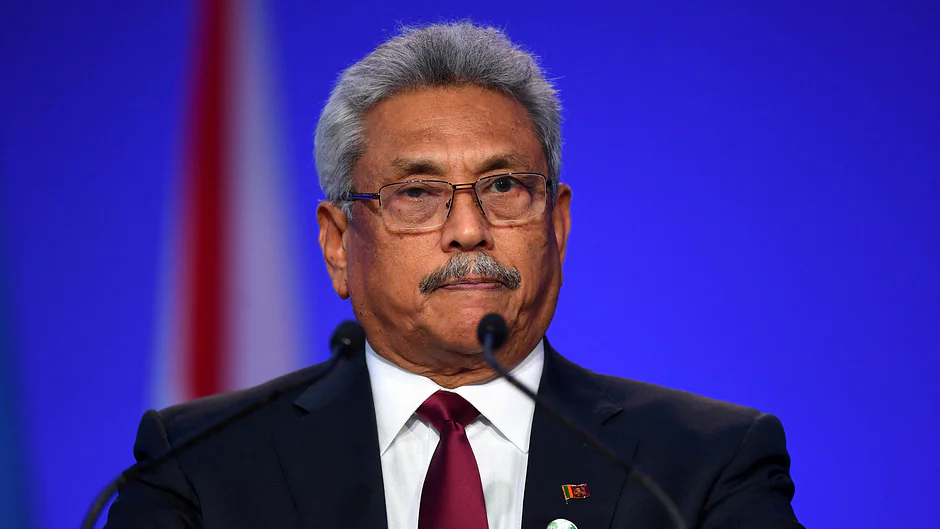Reading Time: 2 minutes
Three-times-prime minister Nawaz Sharif claimed victory in Pakistan’s general elections – even though independent candidates backed by rival Imran Khan are in the lead as counting continues.
Sharif said that his political party has emerged as the largest in the vote and will discuss forming a coalition government.
The lead of independent candidates backed by jailed former prime minister Imran Khan came as a surprise given claims by his supporters and a national rights body that the balloting was manipulated to favor Sharif.
Election results were hit by long delays overnight, causing frustration and panic among voters who alleged it was due to ballot-rigging.
Independent candidates have secured around 85 seats, while Sharif’s PML-N is some way behind with around 59.
The Pakistan Peoples Party (PPP) of Bilawal Bhutto Zardari is trailing a close third with 31 seats so far.
Any party needs 133 seats in parliament for a simple majority but many analysts believe the vote may not produce a clear winner.
However, Sharif, who was the favorite to come out of this election leading the country, has lost his Mansehra constituency seat in Khyber Pakhtunkhwa, reported Geo News.
Sharif will still enter parliament as an MP, winning another seat he contested in Lahore.
Sharif said his deputies would meet other political parties later to discuss forming a coalition government.
Lack of clear majority could cause trouble
Analysts predict the problems will mount for Pakistan and its economy if the election does not result in a clear majority for anyone.
There are concerns that things will become particularly tricky given Islamabad’s request for a new bailout program from the International Monetary Fund (IMF) after the current arrangement expires in three weeks.
A coalition government “would probably be unstable, weak,” and “the big loser… will be the army. Because the army really has staked its reputation on its ability to deliver this vote”, Marvin Weinbaum, director of Afghanistan and Pakistan studies at the Middle East Institute in Washington, told the British media Independent.
The election was expected to help resolve the crises Pakistan has been dealing with but a fractured verdict “could very well be the basis for even deeper exposure to forces which would create instability”, he said.
Rigging fears
Allegations of poll rigging overshadowed election day itself, as well as authorities’ hours-long shutdown of Pakistan’s mobile phone network.
“A concerted effort has been made to hijack the election,” PTI information secretary Raoof Hasan told AFP late Friday.
“They were not successful because there is deep-seated commitment to Khan among the people.”
Caretaker Interior Minister Gohar Ejaz defended the “difficult decision” to suspend mobile phone services on security grounds.
“We were fully aware that suspension of mobile services would impact the transmission of election results across Pakistan and delay the process, however, the choice between this delay and safety of our citizens was quite straightforward,” he said in a statement on Friday.
Digital rights activist Usama Khilji said the mobile service blackout “strengthens the popular perception that the elections are rigged by the deep state”.
But Mohammad Zubair, a 19-year-old street hawker in Lahore, said PTI supporters would not accept a PML-N victory.
“Everyone knows how many seats Khan’s independent candidates have won,” he said. “They don’t have a symbol, or a captain, or a flag, or banners but still we have won on the field.”

